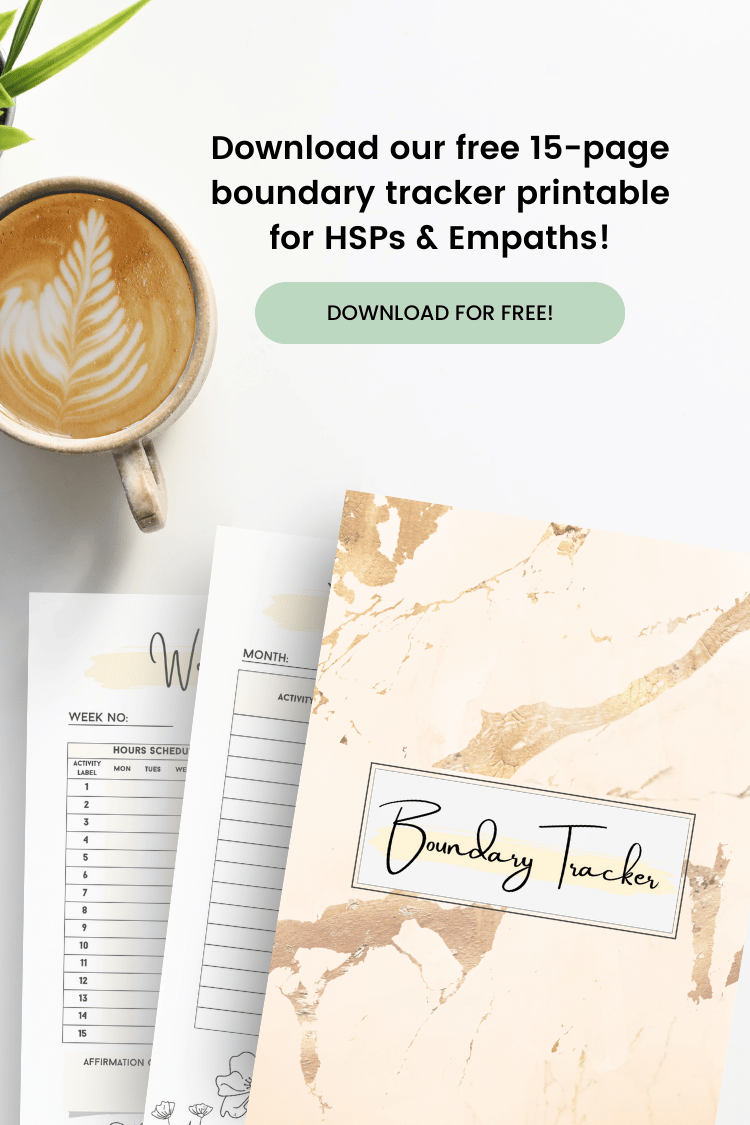Wondering which wellness trends you can apply to thrive as a highly sensitive person and empath? In this article, we share wellness trends that you can try to improve your overall well-being.
Estimated reading time: 22 minutes
In today’s fast-paced world, the pursuit of wellness has become a paramount concern for many individuals. As we navigate the complexities of modern life, various trends and practices have emerged. These aim to promote holistic well-being amidst digital distractions and daily stressors. This article delves into ten emerging wellness trends that are reshaping how we approach self-care, from prioritizing mental health to embracing sustainable living practices.
Here’s What You’ll Discover:
- Self-care renaissance
- Holistic wellness integration
- Digital detoxing
- Plant-powered nutrition
- Mindful movement practices
- Strategies for optimizing sleep
- Emotional well-being technology
- Community wellness initiatives
- Environmental Consciousness in Wellness
- Intuitive eating and body positivity
- Our favorite wellness trends
Self-care renaissance
Self-care has undergone a renaissance in recent years, evolving from a niche concept to a mainstream necessity. This trend emphasizes the importance of carving out time for activities that nurture mental, emotional, and physical well-being. Practices such as mindfulness meditation, journaling, and holistic therapies have gained popularity. This shows that people seek refuge from the demands of daily life.
Consider beginning each morning with 20 minutes of mindfulness each day. This cultivates a sense of calm and focus, setting a positive tone for the hours ahead.
Holistic wellness integration
In the pursuit of optimal health, there’s a growing recognition of the interconnectedness between mind, body, and spirit. Holistic wellness approaches advocate for an integrated approach to health that addresses all facets of well-being. From integrative medicine to holistic nutrition and energy healing modalities, these practices aim to foster balance and harmony within the individual for all ages.
Some methods include acupuncture to target issues like chronic pain or conditions related to aging, along with traditional medical interventions to experience greater relief and wellbeing.
Digital detoxing
The pervasive presence of technology in our lives has led to a rise in digital detoxification practices. Recognizing the detrimental effects of constant connectivity on mental health, individuals are increasingly seeking ways to disconnect and recharge. Digital detoxes, which involve unplugging from screens and digital devices, offer an opportunity to reset and reconnect with oneself and the world around us.
If you find yourself experiencing increased anxiety or trouble sleeping, consider committing to a weekend digital detox. Turn the phone off, mute social media, and instead spend time outside. You may find that by the end of the weekend, you feel rejuvenated and more present in the week ahead.
If you’re facing issues such as addiction, you may want to do more than just a digital detox. For instance, there are rehab centers like Gratitude Lodge that help you to get back on track and focus on your well-being and recovery.
Plant-powered nutrition
Plant-based diets have gained traction in recent years, driven by concerns over personal health, environmental sustainability, and animal welfare. These diets prioritize whole, plant-derived foods while minimizing or eliminating animal products. From veganism to flexitarianism, plant-powered nutrition and supplements offers a sustainable and ethical approach to eating that aligns with broader wellness goals.
If this sounds like a wellness trend you’re interested in, incorporate more fruits, vegetables, and legumes into your diet. Also, try to commit to doing one vegetarian meal a day. If you notice improvements in digestion and energy levels, expand this to days and keep going!
Mindful movement practices
Mindful movement practices, such as yoga, tai chi, and qigong, emphasize the importance of cultivating awareness of the body and its movements. These practices not only promote physical health and flexibility but also foster mental clarity and emotional well-being. Therefore, by incorporating mindfulness into movement, individuals can enhance their overall sense of vitality and connection to the present moment.
Fostering a deeper mind-body connection brings not only inner peace but confidence and improved health as well.
Strategies for optimizing sleep
Quality sleep is essential for overall health and well-being, yet it remains elusive for many in today’s society. Sleep optimization strategies focus on creating an optimal sleep environment, establishing consistent sleep routines, and practicing relaxation techniques to improve sleep quality. By prioritizing sleep hygiene, individuals can enhance their cognitive function, mood, and overall quality of life.
If your sleep hygiene could use improvement, consider turning off electronic devices an hour before bed, dimming the lights, and incorporating a sleep routine. For instance, try reading a book and drinking a cup of herbal tea as you get ready for bed.

Emotional well-being technology
As awareness of mental health issues grows, so too does the demand for technologies that support emotional well-being. Mental health apps, virtual therapy platforms, and wearable devices that monitor stress levels are just a few examples of innovations in this space. These technologies offer accessible and convenient solutions for managing stress, anxiety, and other emotional challenges in daily life.
If your emotional well-being is taking a toll on your life, consider exploring some of the technological-based options available. Whether this means finding an online guided meditation, using an app to track your mood, or doing online therapy, you can find tools to manage your symptoms.
Community wellness initiatives
Community-based wellness initiatives provide a supportive environment for individuals to pursue their health and wellness goals collectively. From group fitness classes to community gardens and support groups, these initiatives foster a sense of belonging and connection among participants. By tapping into the power of community support, individuals can amplify their efforts to lead healthier, more fulfilling lives.
Environmental Consciousness in Wellness
Environmental sustainability is increasingly recognized as an integral component of wellness. Conscious consumer choices, eco-friendly products, and sustainable living practices are becoming mainstream considerations for those seeking to minimize their environmental impact. Engaging in outdoor activities and connecting with nature not only promotes physical health but also fosters a deeper appreciation for the natural world and our place within it.
Intuitive eating and body positivity
Intuitive eating challenges traditional dieting norms by encouraging individuals to listen to their bodies’ hunger and fullness cues. This approach emphasizes self-compassion, body acceptance, and mindful eating practices free from guilt or restriction. By cultivating a positive relationship with food and body image, individuals can reclaim their autonomy and find joy in nourishing themselves both physically and emotionally.
For example, those who’ve struggled with disordered eating can find relief in intuitive eating principles and mindful eating practices by learning to trust your body’s signals of hunger and fullness so you can enjoy food without guilt or restriction.
Our favorite wellness trends
The landscape of wellness is continuously evolving, being shaped by emerging trends and shifting societal norms. From self-care practices to digital detoxification, plant-powered nutrition, and beyond, the pursuit of holistic well-being encompasses a diverse array of approaches and philosophies. By embracing these trends and integrating them into our lives, we can cultivate resilience, vitality, and a deeper sense of connection to ourselves and the world around us.








